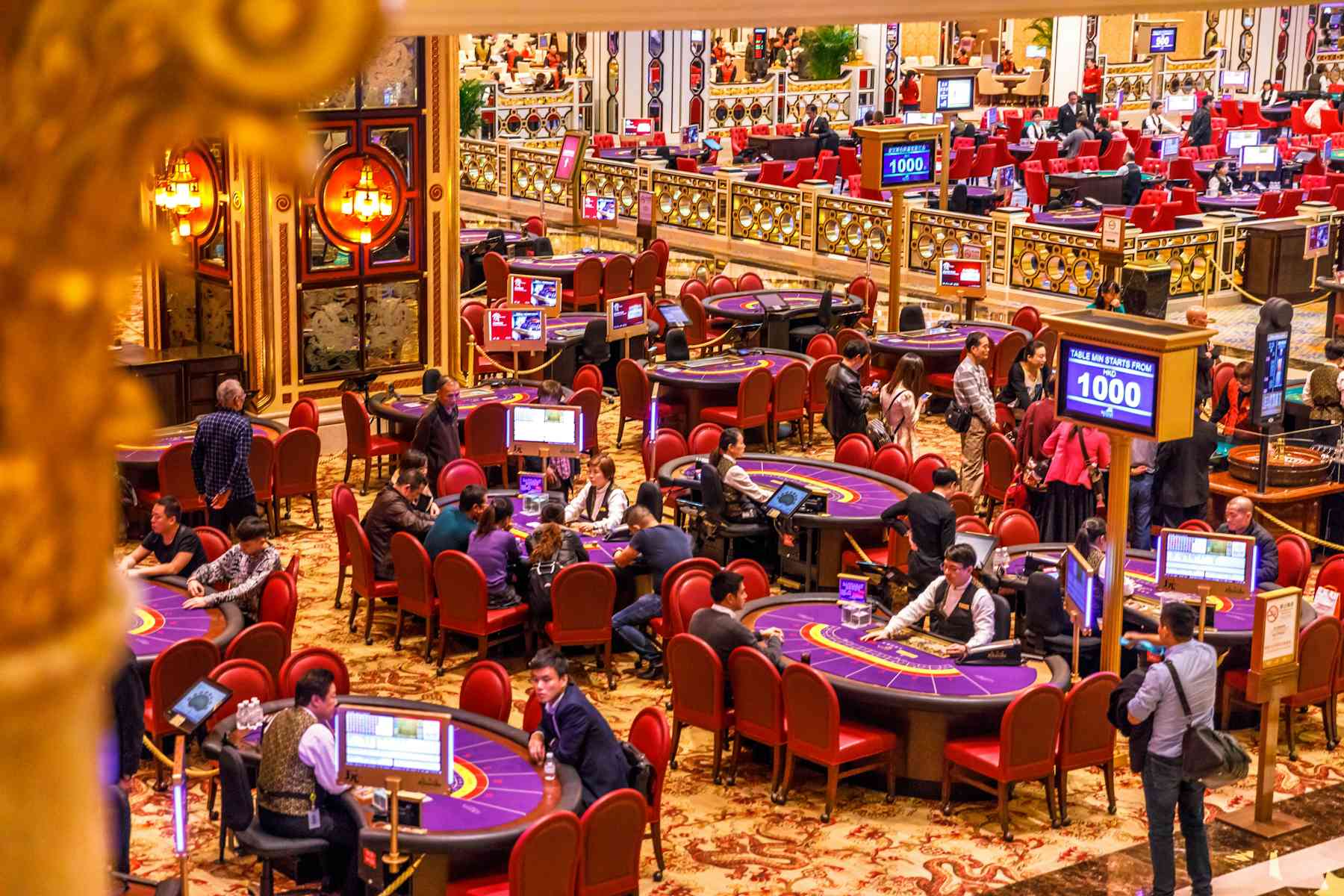Virtual Reality and the Future of Gambling Games
While technology keeps on advancing with a rapid pace, the world of amusement has been undergoing a significant change. A of the most thrilling advancements in recent years is the rise of virtual reality, which has started to redefine how we experience various forms of games. The casino industry, known for its vibrant atmosphere and thrilling moments, is no different. With the integration of virtual reality into casino titles, players now gain the chance to dive themselves in richly detailed worlds that echo the excitement of a physical gambling hall, all from the comfort of their personal homes.
Picture walking into a digital casino where you can interact with fellow players, participate in live dealer sessions, and discover a diverse variety of gaming choices, all enhanced by cutting-edge technology. This innovative method not only amplifies the thrill of traditional gambling games but additionally breaks down spatial barriers, enabling players around the globe to link and engage in a collective gaming experience. Looking ahead, as we gaze ahead, the potential for VR in the realm of gambling titles are limitless, offering to reshape the way we perceive about betting and entertainment as a whole.

The Surge of VR in Video Games
The advent of virtual reality technology has revolutionized various sectors, and the gaming industry is at the leading edge of this revolution. More than just a trend, virtual reality offers immersive experiences that draws players closer to the action than ever before. Gambling establishments have begun to leverage this technology, creating atmospheres that simulate the excitement and atmosphere of a brick-and-mortar casino, all from the comfort of home. This transition not only improves gameplay and attracts a new generation of players keen for fresh experiences.
As soon as virtual reality grows to be more available, the variety of games available in this format continues to expand. Players can now engage with favorite games such as blackjack, texas hold’em, and slot machines in a 3D space where they can connect with fellow players and dealers in real time. This immersive aspect elevates the social interaction, allowing users to experience as if they are part of a lively casino environment even while physically isolated. The extra dimension of authenticity provided by VR is appealing and is likely to shape how casino games are created and experienced in the times to come.
Furthermore, the adoption of virtual reality into casino gaming is predicted to drive advancements in technology and design. Developers are testing with innovative game elements and features that take advantage of virtual reality’s full potential. These developments could result in a wide variety of casino game options that not only would reflect the essence of traditional games but also offer fresh formats and interactions. By adopting virtual reality, gambling establishments can remain competitive in a rapidly evolving gambling market, ensuring they satisfy the demands of today’s players wanting exciting and captivating experiences.
Enhancing User Experience in Casino Games
Virtual reality is changing the manner players interact with casino games, building immersive settings that replicate the atmosphere of a real casino. By wearing a headset, players can dive into a virtual world where they can engage in realistic three-dimensional representations of gambling activities. This experiential depth enhances the bond players have with their gambling adventure, making every slot spin or roll of the dice feel more thrilling and genuine.
Besides sight engagement, the use of tactile feedback technology provides players with tactile experiences that enhance gameplay. For instance, as a player scores a hand in virtual poker, they can experience feedback through their controllers that mimic the feeling of winning chips in reality. This aspect of sensory feedback makes the experience more captivating and helps to bridge the gap between traditional and virtual gaming spaces.
Social interaction is another important aspect that VR brings to casino games. Players can join multiplayer games, enjoying the thrill of battling friends or strangers in a collective VR setting. This social dimension builds a sense of community and friendship, which is often absent in standard web-based gaming. By permitting players to talk and interact in real time, VR casinos recreate the communal vibe that many players love in brick-and-mortar casinos, ultimately leading to a deeper and more satisfying gambling adventure.
Future Developments and Innovations in VR Gaming Environments
As technology continues to evolve, the integration of AI and ML into Virtual Reality casinos is poised to transform the player experience. These improvements will allow for greater customized gaming by tailoring games to individual player likes and habits. Players can look forward to smooth interactions with virtual dealers and artificial intelligence-powered companions that enhance immersion and engagement, creating a lifelike casino atmosphere from the comfort of their homes. gokkasten voor echt geld
In addition to AI, the introduction of blockchain promises to redefine the safety and transparency of transactions in VR casinos. With smart contracts enabling quicker payouts and verifiable fairness in game outcomes, players can enjoy peace of mind knowing that their funds are secure. This combination of technologies can build trust and nurture a larger player base, encouraging more people to explore digitized gambling settings.
Furthermore, the development of community engagement within Virtual Reality gaming environments is expected to take the spotlight. Future advances may promote deeper connections among players, offering features such as digital chat rooms, multiplayer competitions, and even real-time events. By incorporating social elements, these enhancements will not only improve the play experience but also cultivate a vibrant community where players can share strategies, acknowledge wins, and enjoy fellowship in a lively virtual setting.